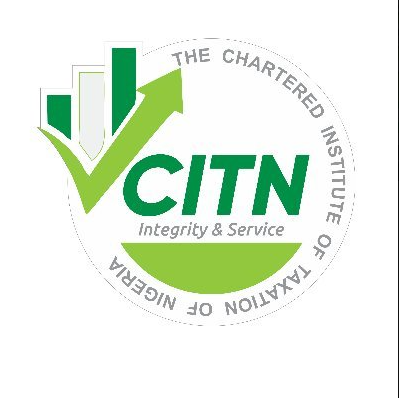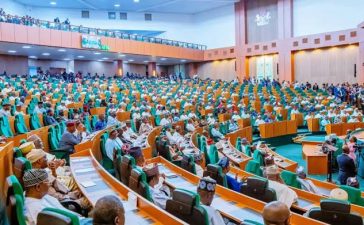The Chartered Institute of Taxation of Nigeria (CITN) has called for the adoption of artificial intelligence (AI) in the country’s tax administration system as a critical step towards combating revenue leakages and underreporting of taxes.
At the maiden ICT Summit on Taxation in Abuja, Professor Robert Ajayi Boroffice, the pioneer Director General of the National Space Research and Development Agency (NARSDA) and senator, shared his insights on how AI could revolutionize tax compliance and enhance revenue generation.
In his keynote address, Boroffice highlighted the immense potential of AI-driven tax compliance systems to analyze vast amounts of tax data in real-time, effectively identifying inconsistencies, fraudulent activities, and underreporting.
“AI-driven tax compliance systems analyze vast amounts of tax data in real-time, identifying inconsistencies, fraudulent activities, and underreporting. By using machine learning, AI can detect tax fraud and evasion patterns more accurately than traditional audits,” he explained.
Boroffice pointed to advanced economies like the United States and the United Kingdom as examples of how AI has successfully enhanced tax compliance.
In the U.S., the Internal Revenue Service (IRS) uses AI systems to improve tax enforcement, while in the UK, Her Majesty’s Revenue and Customs (HMRC) employs AI-driven audits to detect and prevent tax fraud more efficiently.
He emphasized that these AI systems have proven to be more accurate, efficient, and capable of spotting tax fraud patterns that might otherwise go unnoticed through traditional methods.
According to Boroffice, the implementation of AI in tax administration is not just about improving compliance but also about creating a more transparent and accountable tax system.
He described taxation as a fundamental pillar of economic governance, stressing its critical role in national development. “Taxation is more than just a tool for revenue collection; it is essential to the economic structure of any nation.
A well-functioning tax system ensures that governments can provide the infrastructure and services that citizens need,” Boroffice added.
CITN’s call for AI integration comes at a time when Nigeria faces significant challenges in tax collection and compliance.
The country has been grappling with tax evasion, underreporting, and a large informal sector, which contribute to the country’s low tax-to-GDP ratio.
AI systems can bridge these gaps by providing real-time analytics and predictive tools that will help tax authorities detect and address discrepancies more effectively.
The integration of AI into Nigeria’s tax administration system could lead to a more efficient collection process, a reduction in fraud, and ultimately, an increase in the country’s tax revenue.
By adopting machine learning technologies, tax authorities can also identify patterns in tax behavior, anticipate potential issues, and intervene proactively to prevent future losses.
As the global trend towards AI adoption in tax systems continues to grow, Nigeria stands to benefit immensely from embracing this technology.
The CITN’s advocacy for AI integration is a timely and crucial step towards modernizing the country’s tax administration system.
By adopting AI tools, Nigeria can enhance its revenue generation capacity and ensure greater accountability in the management of public funds.







